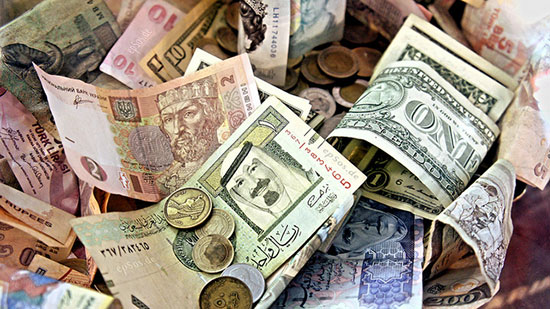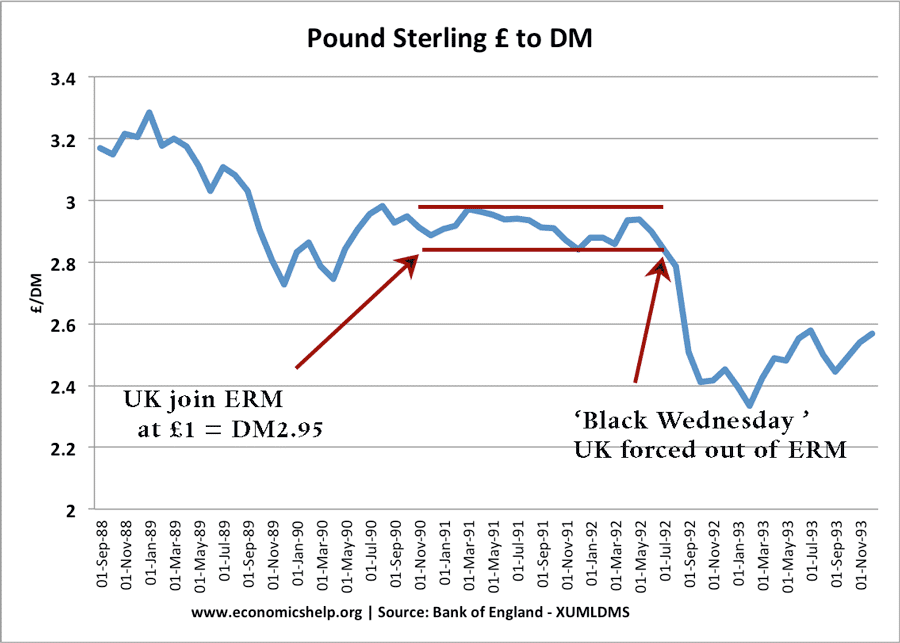Currency Wars Explained
Currency wars are said to occur when countries seek to devalue their currency to gain a competitive advantage. However, if one country seeks to become more competitive through devaluation, it means other countries become less competitive. Therefore, they may respond by weakening their currency too. Thus, we may get a situation of competitive devaluation where …



